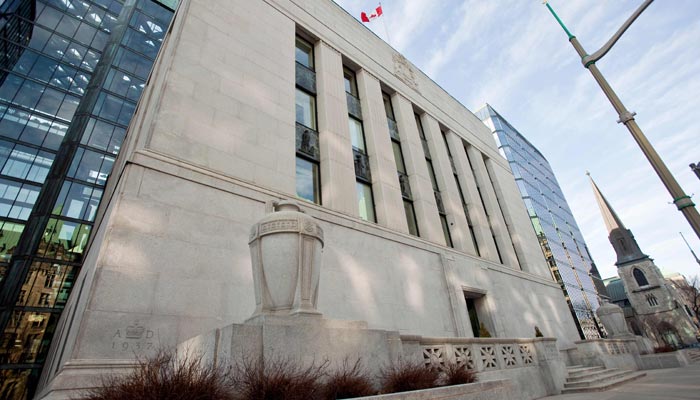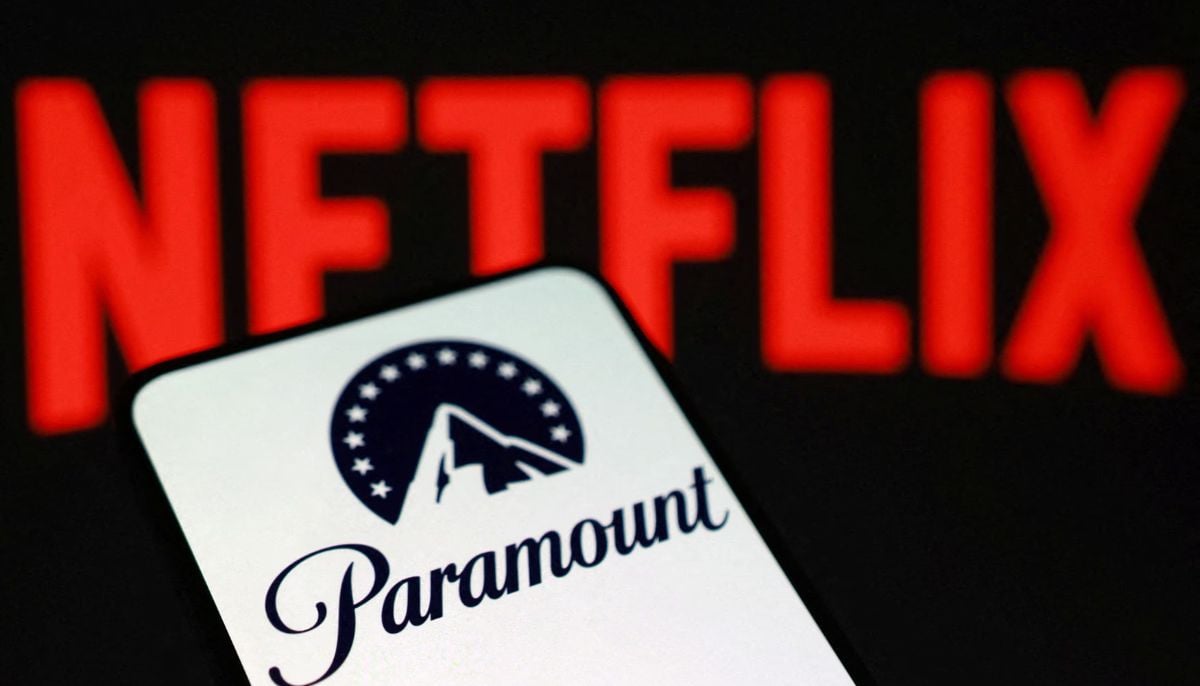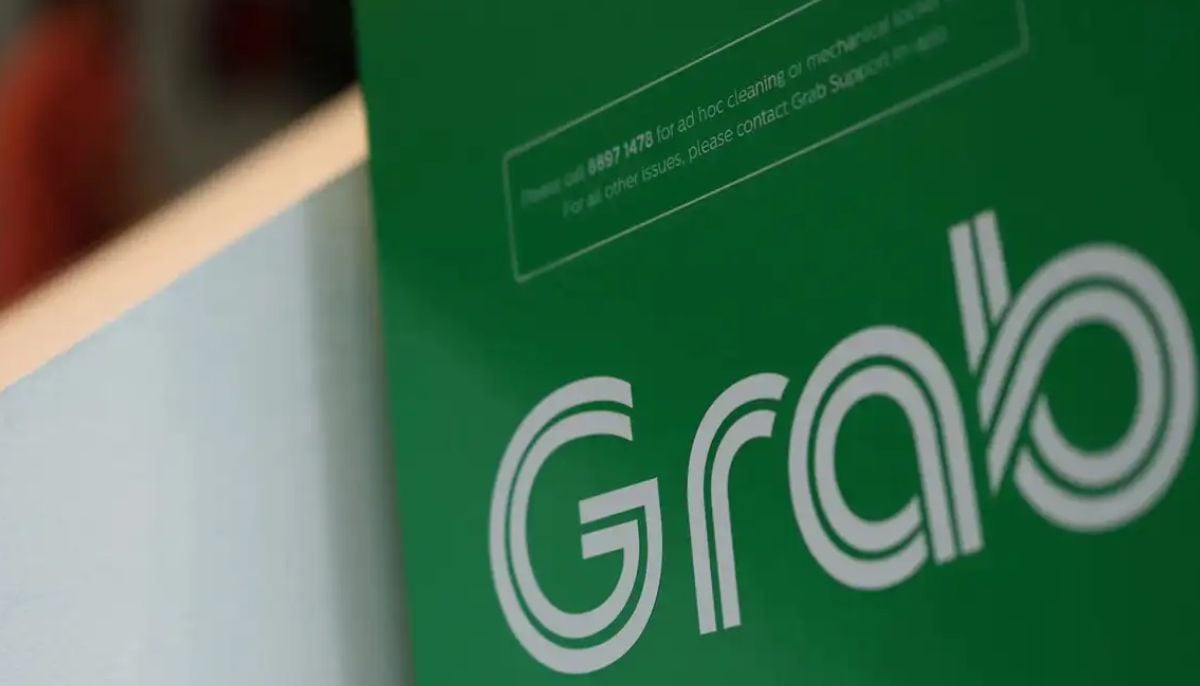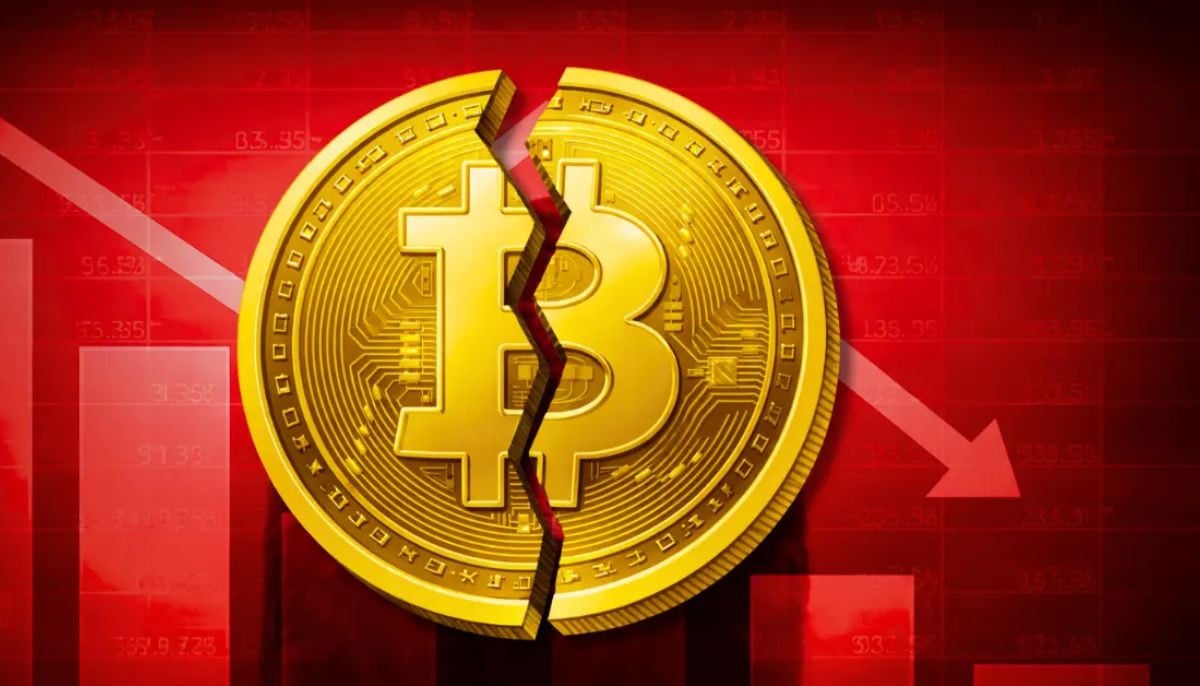Canada central bank pauses rate hikes, holds at 4.5%
The current rate is at its highest level since 2007
OTTAWA: The Bank of Canada on Wednesday became the first major central bank to pause its aggressive monetary policy in recent months, holding its key lending rate at 4.5% as inflation eased, after eight consecutive rate increases.
The anticipated move puts the central bank at odds with the Federal Reserve in the United States, which has indicated that more rate hikes will be needed to cool its overheated economy and rein in inflation.
In a statement, the bank noted that the Canadian economy has slowed, as hoped — marked by unexpected zero growth last quarter — but said it was prepared to resume increasing costs of borrowing if needed to reach its 2% inflation target.
The current rate is at its highest level since 2007.
In a research note, Desjardins analyst Royce Mendes said the bank's "conditional commitment to keep rates on hold will place a magnifying glass on the divergence in monetary policy with the US Federal Reserve."
"The ability to chart a different course than the Fed comes down to the exchange rate," he said, noting that the Canadian dollar has depreciated 3% since the beginning of February, which "could eventually push inflation higher."
But, he added, the bank's "relatively neutral language in the statement is seeing markets marginally reduce bets for further rate increases."
The Bank of Canada started raising rates from a record low in March 2022 in what its governor Tiff Macklem has described as "unusually large steps" — increments of mostly 50 to 75 basis points.
He'd signalled last month that a pause was coming, after pointing out that inflation was "turning the corner" and recent higher interest rates were "beginning to rebalance the economy."
On Wednesday, the bank said economic growth was a bit lower than it expected, while household spending and business investment weakened alongside slowing domestic and foreign demand.
The labour market remains "very tight," but lower price increases for energy, durable goods and some services have helped to tame inflation, it said.
"With weak economic growth for the next couple of quarters, pressures in product and labour markets are expected to ease," the bank said.
"This should moderate wage growth and also increase competitive pressures, making it more difficult for businesses to pass on higher costs to consumers."
It also noted, however, stronger outlooks for growth and inflation in the United States and Europe, and upside risks to commodity prices related to the reopening of China's economy and the war in Ukraine. These have contributed to tightening global financial conditions and a stronger US dollar.
Inflation slowed to 5.9% in January, from a peak of 8.1% last June. The bank has forecast it to land at around 3% by mid-year and hit 2% in 2024.
It also projected GDP growth of about 1% in 2023 and 2% in 2024.
-
BTC price today: Bitcoin sinks below $65K on trade uncertainty
-
Tesla expands Cybertruck lineup with affordable model in US, slashes Cyberbeast price to boost demand
-
Uber enters seven new European markets in major food-delivery expansion
-
Will Warner Bros finalize deal with Paramount or stays loyal with Netflix's offer?
-
$44 billion Bitcoin blunder: Bithumb exchange apologizes for accidental payout
-
Global memory chip crunch puts spotlight on Apple; Will iPhone become more pricey?
-
Bitcoin plummets toward $60,000 as investors dump risky bets
-
Bitcoin crashes below $63K as regulatory pressure and market fears grow












